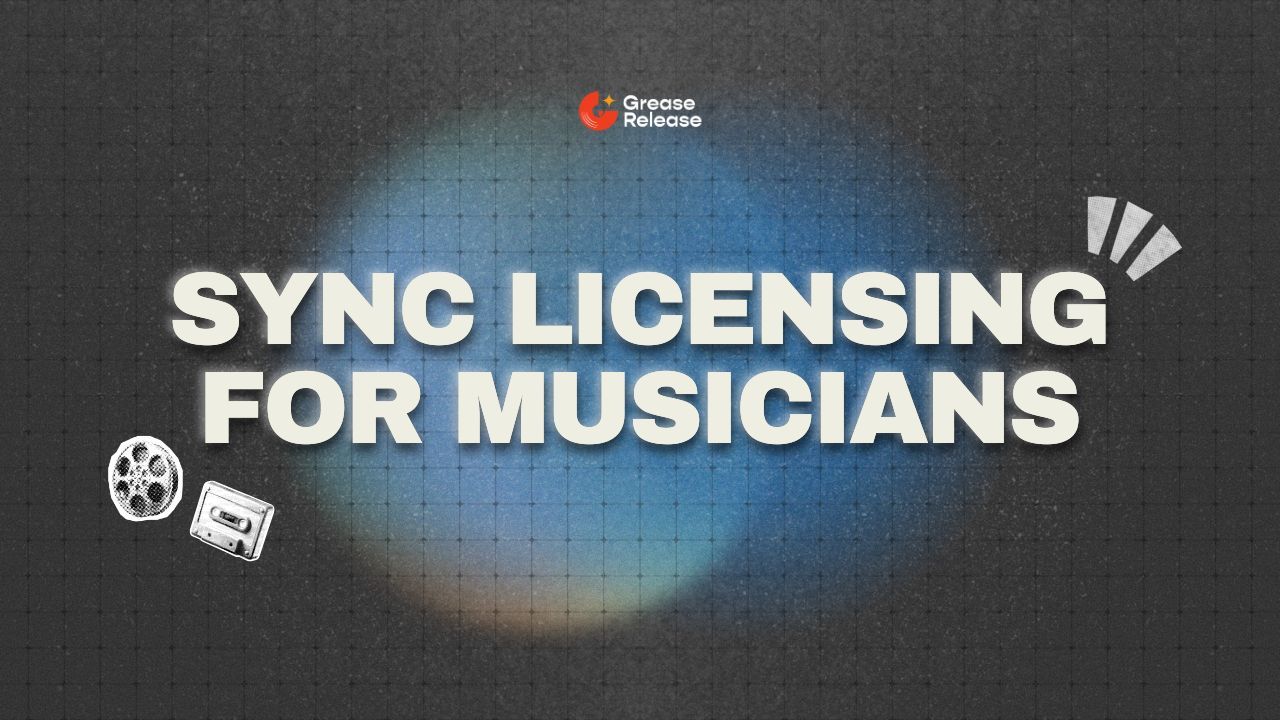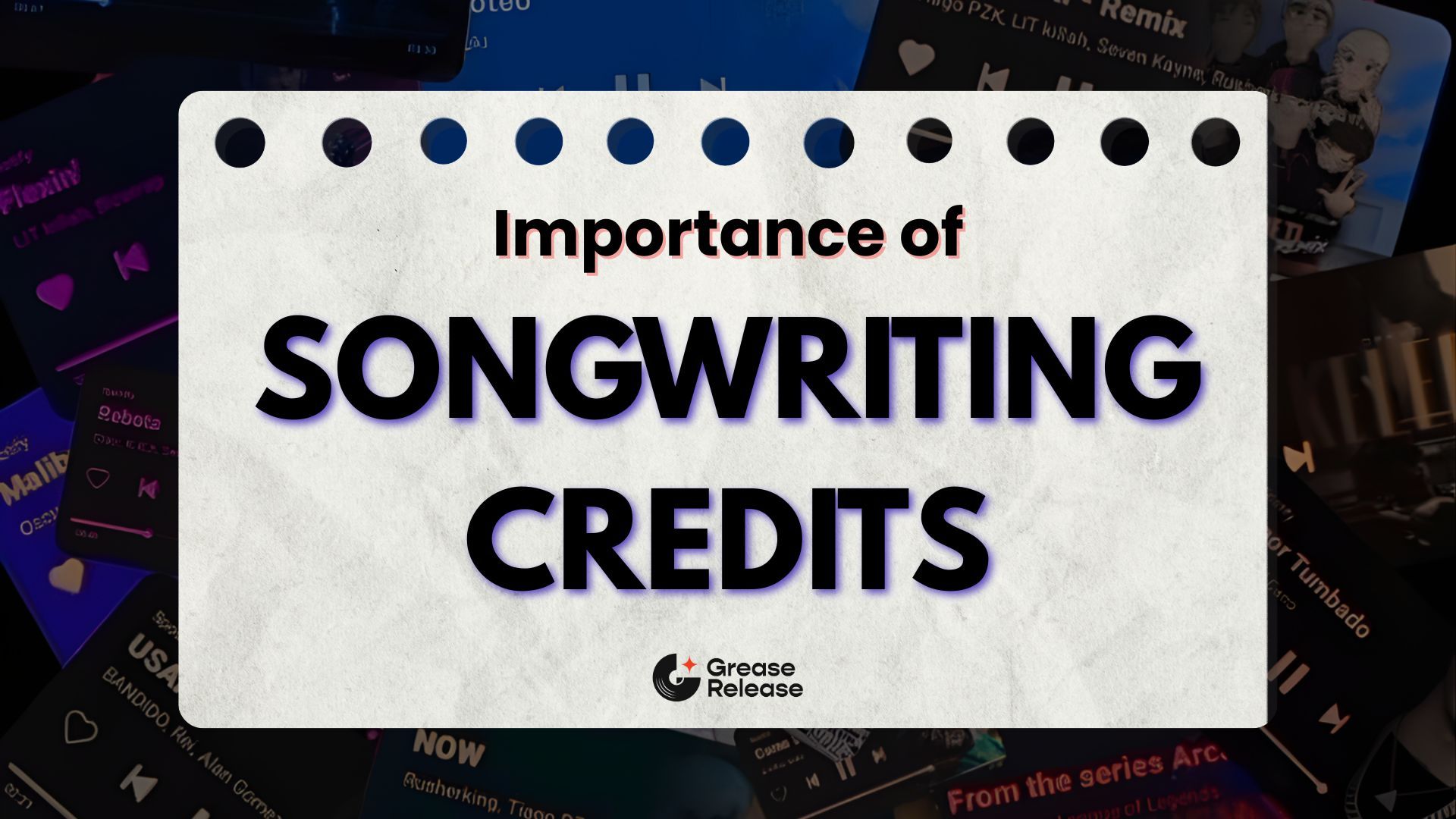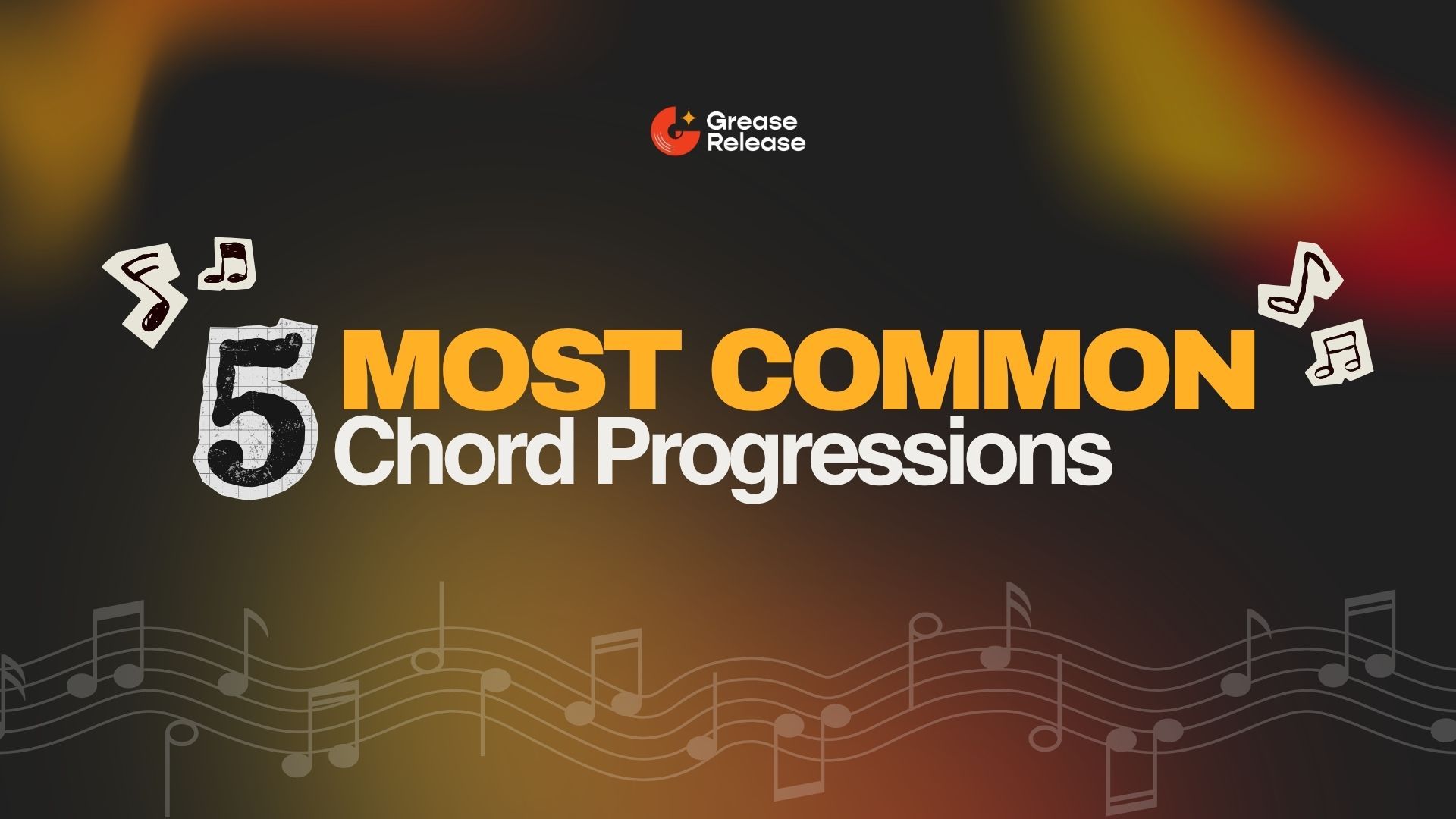
Album vs. Single
May 06, 2021What is a better release: Album or Single?
A decade ago, if you had the idea of concentrating your energy on releasing singles instead of writing an album, you wouldn't be taken seriously. However, today, it is a strategy a lot of artists live by. While dropping single after single has its own sweet advantages, it does sometimes feel off to musicians creativity-wise when they throw all their energy into only writing singles instead of sitting down to properly create an entire album.
Well, the sad truth of today is that we need to cave into what the social media algorithm says, since it’s the algorithm that decides what gets heard and what doesn't.
Sick of being a victim to the social media algorithm? Here’s one way you can beat it.
Those good old days where you used to release an album and thencome back 10 years later to release another one and have yourfans still craving for your music don’t exist anymore.
While you might think that making this choice doesn't really make a lot of difference, however, for a lot of indie artists, making this choice correctly might become the single biggest accelerator in their reach and discovery.
Here’s what the CEO of Spotify recently said :

While these comments stirred a lot of controversies, we cannot ignore the fact that if there's somebody who knows what works in the music business, it is this man.
Now, there isn’t any one-size-fits-all answer here, so we are going to be giving arguments supporting both types of releases, and you can make the decision in accordance with what your priorities are. Let’s go.
The Argument for Singles
- Relevancy
When it comes to singles, you get to make multiple releases within short intervals of time. This helps you stay relevant inside the minds of your fans, and the social media algorithm favors you.
Instead of waiting to consolidate an entire album, if you’re pushing out songs as they’re being written, you’re constantly creating buzz. Staying active and making multiple releases will help you maintain constant engagement with fans, and help you stay relevant amongst countless artists trying to push out their own music. - Quickness
An album takes a while to make. That is not the case with singles.
Releasing, say, 10 singles at a few months gap each will have your fans stay way more engaged than if you were to compile the 10 songs in an album and just do one consolidated release.
Another advantage to take note of is that with multiple releases, you get multiple opportunities for feedback from your fans and you get a better picture of what works and what doesn’t very quickly. - Easy Focus
When you are marketing a release, it is much more convenient and easy to focus on a single song rather than doing the same for multiple songs of an album. With singles, you can personally make sure that each of your tracks gets the love that it deserves, which might not be a surety when they're being released through albums. - Repeat Features
When you are marketing an album, you get only one opportunity to market the entire, say, 10-track release. It wouldn’t make sense for radio stations and online blogs to promote each of the songs on your album individually and the chances of your album falling flat are increased.
With singles, you’re much more promotion-friendly, and you can get an easy feature on blogs, news articles and radio stations each time you release something.
- Low Risk
When you are releasing a single, you're only asking for about 3 minutes of your fans’ time. With an album, however, it is riskier and you are much more likely to see drop-offs. The risk with a 30+ minute album is that if a fan does not like a particular song in the middle of an album, they might not listen to the rest of the album.
- Flexibility
With singles, you have the freedom to make songs that are topical. If you choose to write an album about a relevant social or political issue that is making the news today, chances are, a year later when your album is ready to be pushed out, your songs might not be as relevant, or worse, outdated.
The Argument for Albums
- You can build a bigger story
With singles, you only have about 3-4 minutes of music to show for at every release, and your fans might not have an album to turn to in case they want to dig deeper into your sound.
Speaking of your sound, you have a bigger range of songs to showcase your sound with an album as compared to singles. In fact, if you put out albums, fans will also get to experience your evolution of sound as an artist/band. Take Coldplay, for example, and compare Parachutes with Ghost Stories. Completely different sounds, right? Through albums, you can properly let your fans experience the different sides of you.
- Broader Focus
It can be much more productive to write an album because the moment you lose momentum on one song or reach a plateau, you can always put that song on hold and work on any of the other songs in the album. With singles, you have all your energy focussed on a single track, and that can sometimes get frustrating for an artist.
Moreover, with albums, you have the freedom of being able to add filler tracks, B-Side tracks, and other elements that really suit the vibe of your album but might not be single-worthy.
Albums are a bigger canvas, and they let you paint a bigger picture.
- Cost-Effective
For a lot of musicians, the budget might be the one calling the shots most of the time. Between singles and albums, albums are obviously more cost-effective in the long run. It costs lesser to mass-produce and market for an album as compared to releasing all of its tracks as singles. If your budget is super tight, an album might be the way to go for you.
(Psst. Today, you don’t have to be the broke artist anymore. Check out how here.)
Is there a middle ground?
Sort of.
You can push out your songs as singles and then get them compiled in an album. It is a pretty straightforward procedure and you will have to talk to your distributor who will run you through the steps.
It might be a bit tricky to pull this off properly since when the singles are compiled into the album, you might want to retain the stream count of your singles and have it displayed in your album. Make sure you mention this when you talk to your distributor.
If you’re an indie musician, you have a pretty long road ahead of you and know that different approaches work with different artists. Don’t be afraid to try out everything before settling into a set formula for yourself.
If you have a bit of a following, the most devoted section of your fans will want more from you than just your music. Here are a few important ways to earn new fans and form a deeper connection with people who already love your music.
We at GreaseRelease, have a bunch of curators on our network who are looking for new & exciting music to push on their massive playlists. If you make music and want to reach a wider audience, check out our submission platform and get a chance to reach millions of listeners! Submit your tracks now!
Studies show that 80% of musicians constantly feel overwhelmed and we want to take that load off by helping you stay organized that's why, my team and I created the ProdPro 2.0
The ProdPro 2.0 is the ultimate organization tool built by and for musicians. Click here to learn more.
Don't miss my newsletter!
Join me on a music entrepreneurship journey with new tips and tricks delivered straight to your inbox.
We hate SPAM. We will never sell your information, for any reason.





